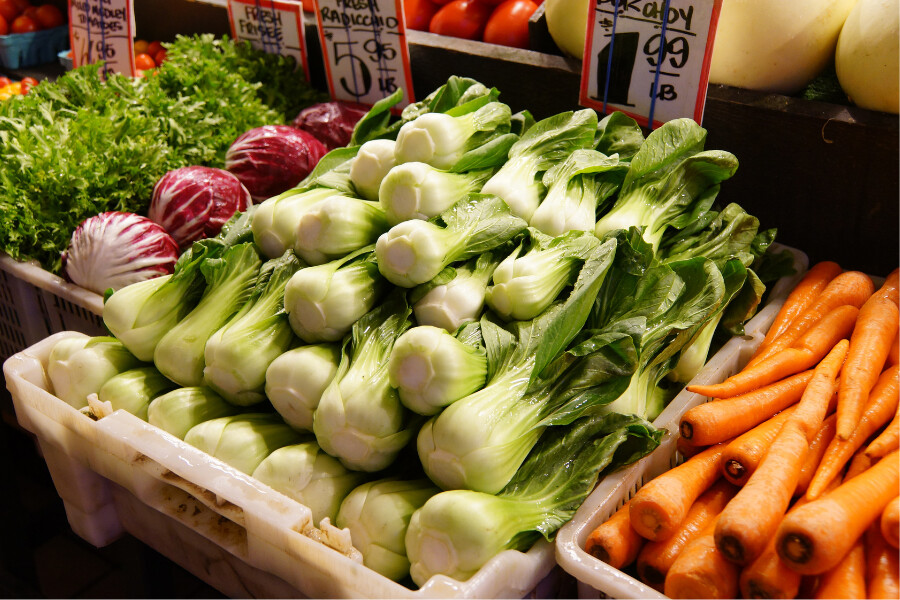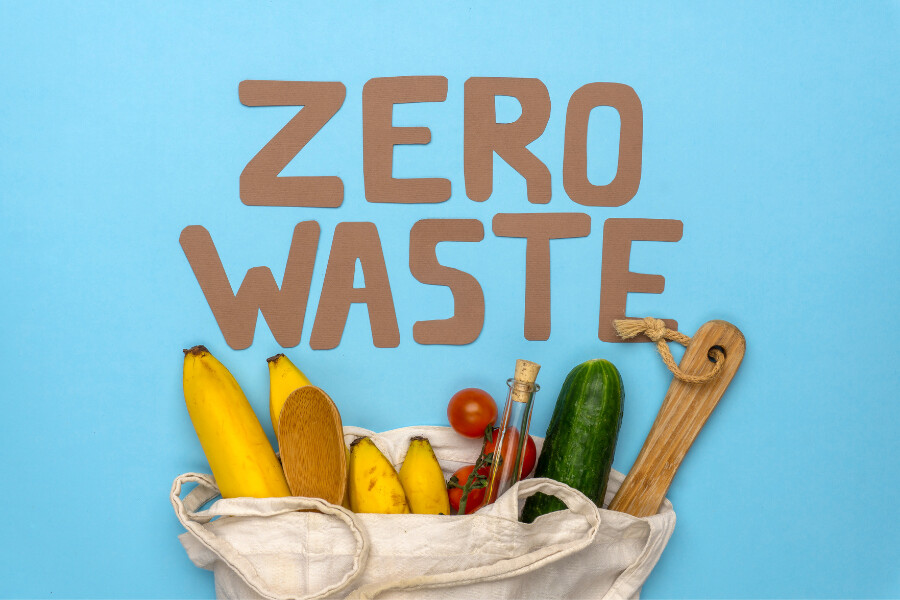Using locally sourced ingredients is one of the top trends in the food service industry right now. There’s more to the practice than just buzzwords, though. What exactly counts as locally sourced food, and how does it benefit your business? This post will answer both of these questions and explain how meat, fruits, and vegetables distributors can help you access these premium ingredients.
What is Locally Sourced Food?
First, let’s look at what the term “locally sourced” means. Not all grocers or wholesale food suppliers define the term the same way.
According to 2008’s Food, Conservation, and Energy Act, food is considered “locally sourced” if it was transported less than 400 miles from farm to table or if it was produced in the state where it is consumed. While this definition rules out international imports, it doesn’t necessarily conform to the common understanding of the term. Blackberries that were grown in San Diego, for example, would still be considered locally sourced if they were eaten in Sacramento despite the 8-hour drive that separates the two cities.
Most people consider locally sourced food to be food that has traveled less than 100 or so miles from farm to table. In other words, if you can visit the farm during a day trip, you can safely call its products local.
Why Locally Sourced is Best
There are many reasons to choose locally sourced food over the imported stuff.
- It leaves a smaller carbon footprint. Because locally sourced food doesn’t need to be shipped over thousands of miles, it’s significantly less taxing on the environment.
- It’s fresher and more long-lasting. Locally sourced meats, fruits, and vegetables don’t spend a lot of time in transit, so they’re usually much fresher than imported foods. Because they’re consumed closer to the date on which they were harvested, they tend to have a longer shelf life too. This means you’ll have more opportunities to use it up before it goes bad.
- It offers more varied texture and flavor profiles. Many smaller local farms grow unique varieties of produce that larger factory farms don’t. Many of these varieties offer a different taste and texture experience than your standard fare.
- It supports your local economy. Local farms are usually small businesses too, so purchasing their products injects that money back into your community.
- It improves customer satisfaction. All of these benefits produce noticeable results that your patrons are sure to appreciate. Your food will taste better and they’ll get to feel good about supporting a fair trade eco-friendly business in their area.
How to Get Fresh Local Foods
So how can you get your hands on some quality local food for your restaurant business? While you could spend your weekends shopping around your city’s farmers’ markets, this isn’t the most efficient use of your time.
Instead, look for a food distributor that offers locally sourced foods. Many meat, produce, and quality seafood distributors have strong relationships with local farms and fisheries, allowing them to get the freshest foods at competitive prices. This approach gets you all of the benefits of local food but significantly reduces the legwork you have to do to get it.
Food distributors also ensure that the products you receive conform to proper food safety and quality standards. For instance, fresh meat distributors make sure that the meat they source for you meets USDA and HACCP requirements before they ship it to you. This not only keeps your patrons safe from food-borne pathogens but also keeps your business out of any potential legal troubles.
Get Fresh Local Meats, Seafood, Dairy and Produce from Foods Galore
Foods Galore is proud to be a trusted supplier of locally sourced food for countless New Jersey restaurants, cafes, and other eateries. Want to join them? Contact us today and let us show you how incredible local food can be.





